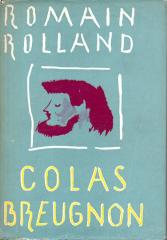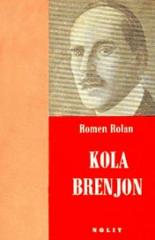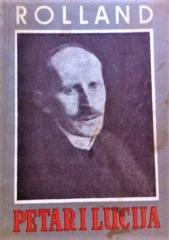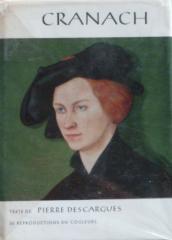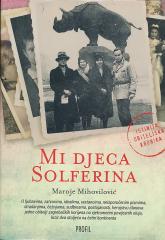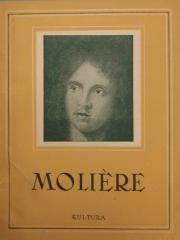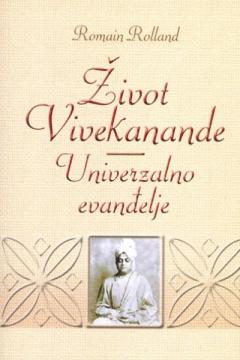
Život Vivekanande / Univerzalno evanđelje
A book about Swami Vivekananda (1863-1902), one of the most influential Hindus of modern times, in which Romain Rolland documents his life and teachings.
Vivekananda's motto was: tolerance and religious universalism. Three years of travel in the New World, constant contact with the thought and faith of the West, brought his ideal of a universal religion to full maturity. Vivekananda felt the necessity of a complete and profound reorganization of the great religious and philosophical thought of India. Her jungle of ideas and intertwined forms had to be brought into order, and her great systems classified around a few solid pillars of the universal spirit. Noticeably contradictory notions in Indian metaphysics had to be reconciled and a bridge built that would connect them with the notions of Western metaphysics by presenting a comparative map on which all points of contact between the profound views of the oldest Himalayan school and the principles accepted by modern science would be drawn. He himself wanted to write that maximum testamentum, that Universal Gospel, and he encouraged his Indian students to help him in choosing the material needed for that reconstruction. He believed that Indian thought should be translated into the European language, made of dry philosophy, stale Mythology and strangely based Psychology into a religion that would be unforced, simple, popular, and at the same time meet the demands of the highest minds.
One copy is available
